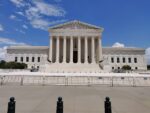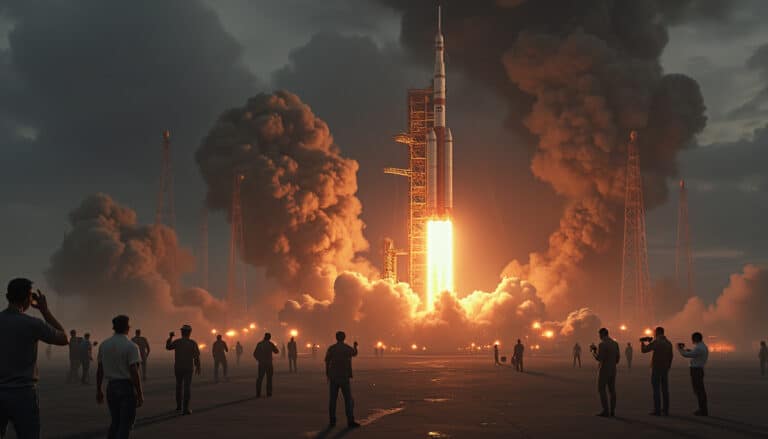The National Defense Authorization Act (NDAA) for Fiscal Year 2025 introduces significant measures for the commercial spaceflight industry. In particular, he proposes to extend the learning period, an initiative that limits the ability of the Federal Aviation Administration to impose safety regulations to occupants of commercial spacecraft. This extension, welcome for the space industry, goes hand in hand with the strengthening ofcompensation launches, thus guaranteeing additional financial protection in the event of damage caused to third parties. These new provisions aim to support the growth of a booming sector, while ensuring the security and the responsibility necessary to supervise this activity.
The recent version of National Defense Authorization Act (NDAA) for fiscal year 2025 introduced key provisions regarding thecommercial space industry. Among these, we find an extension of the learning period, which limits the capabilities of theFederal Aviation Administration (FAA) to impose safety regulations for spaceship occupants. Initially scheduled to expire on January 1, this period will now be extended until the end of 2027. At the same time, launch compensation, which protects launch license holders against potential damage, is extended until September 2028. These measures meet the pressing needs of thespace industry, which calls for more time to develop best practices before implementing strict regulations.

Table des matières
ToggleNDAA extends learning period on commercial spaceflight
The recent defense authorization bill, known by the acronym NDAA, has taken significant steps to strengthen the sector commercial spaceflight. One of the main provisions of this legislation is the extension of the learning period which makes it possible to limit the regulations imposed by the Federal Aviation Administration (FAA) regarding passenger safety on commercial spacecraft. Initially, this period was to expire on January 1, but it has now been extended until the end of 2027.
Strengthening launch compensation
In addition to the extension of the apprenticeship period, the NDAA introduces a system ofcompensation for launches. This rule stipulates that holders of launch licenses will have to prove their ability to cover the damage potential caused to third parties. During incidents, if costs exceed the maximum amount established by the FAA, the government will cover these additional costs, ensuring better protection for the industry. The expiration deadline for this clause has also been extended to September 2028.
Impacts on the commercial space industry
The extension of the learning period represents a crucial event for the space industry. Since its first introduction in 2004, this measure has been adjusted several times to allow companies to gain in experience before the implementation of safety regulations strict. Industry players believe that premature regulation could harm innovation and market growth. For additional details, see links like those in NASA or theESA.























